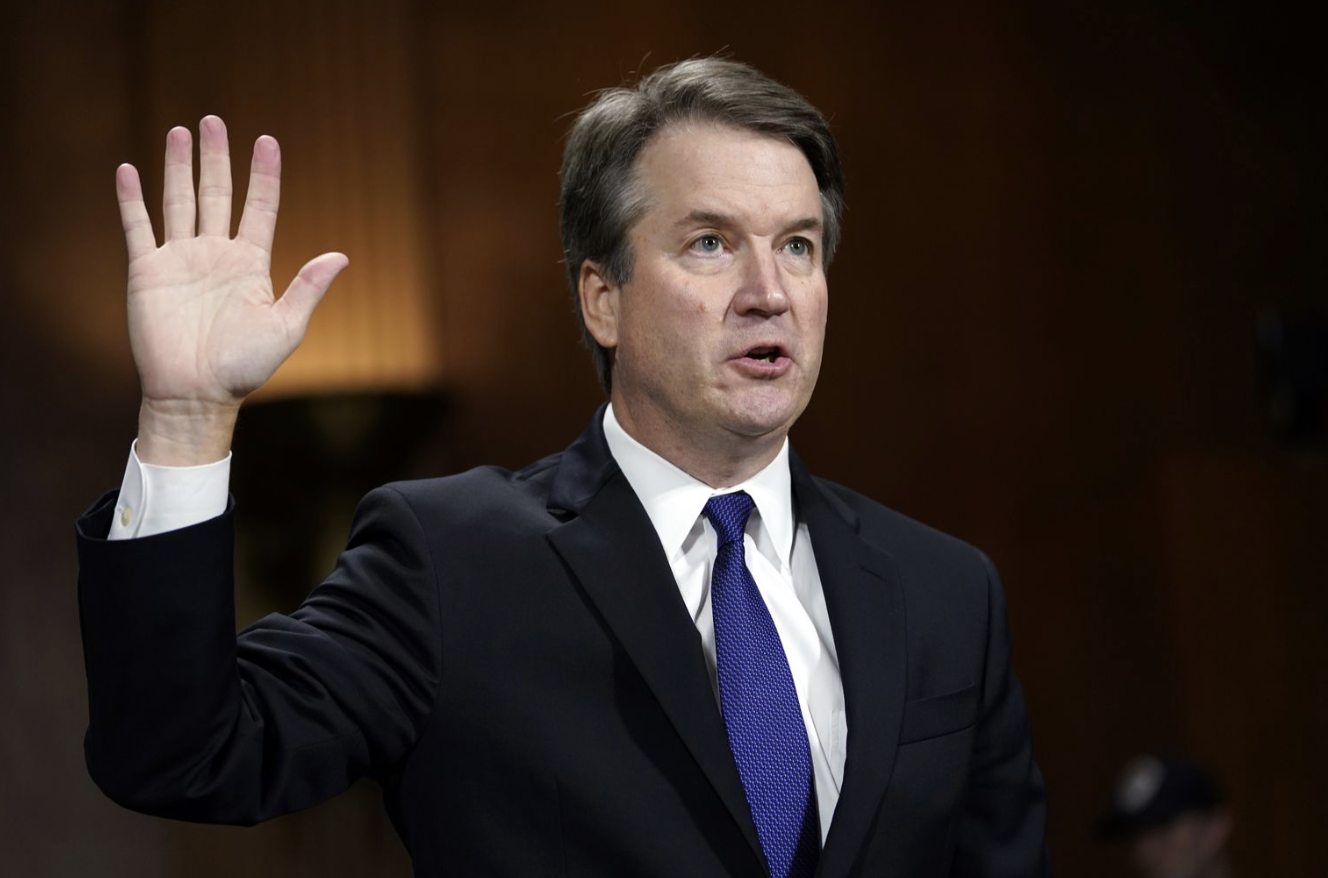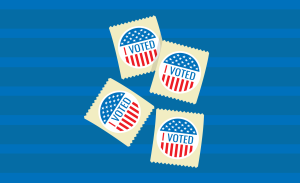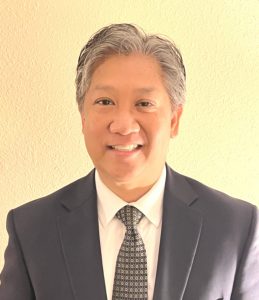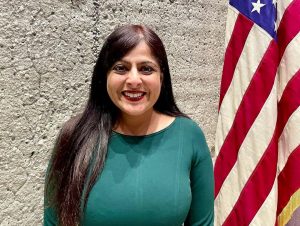The sexual assault allegations against Supreme Court Justice nominee Brett Kavanaugh are at the forefront of the nation’s conversation. As the three allegations all reference incidents involving partying and alcohol during Kavanaugh’s high school and college years, Rollins students are left to navigate the seemingly familiar, yet controversial, instances surrounding the topic.
“Sexual assault has always been such a touchy subject on college campuses, so having that as a talking point within campus can be tough,” said Jamie Hoffman (’19).
Dr. Christine Blasey Ford’s sexual assault allegations started a movement that prompted two other women to come forward with allegations of sexual misconduct against Kavanaugh.
Situations like the one Ford alleges are not unfamiliar to college students, and similar instances often go unreported. According to a Rape, Abuse & Incest National Network study on campus sexual assault, only one in every five female student sexual assault survivors report their assault to law enforcement.
At last week’s hearing, Ford admitted that she did not tell her parents about the alleged assault because she was 15 years old and was ashamed that she went to a party. Often, the recollections of women who are under the influence at the time of their assault are discredited. The account of Kavanaugh’s second accuser, Deborah Ramirez, was challenged by President Donald Trump himself due to her state of impairment.
“The second accuser has nothing,” Trump stated emphatically at a United Nations General Assembly. “She admits that she was drunk. She admits time lapses.”
While defenders of Kavanaugh, who has denied the allegations, site the outdatedness of Ford’s accusations, many Rollins students shared disturbed reactions to the idea that timing invalidates a survivor’s experiences.
“I think it’s terrible that the message that is being sent [is] mostly that [sexual assault] is up for debate, that it can be a talking point and not just across the board wrong, especially for survivors on campus,” Hoffman said.
Brandon Garcia (‘22), an intern for Anna Eskamani, who is running for Florida State House District 47, said, “Do we want to appoint someone who has these allegations against them to an office that is supposed to be about justice? I would be more comfortable with a nominee that isn’t facing allegations of something that’s literally illegal.”
Garcia was not the only student with these concerns, as Hoffman shared a similar view. “You’re being nominated for this position where you are supposed to be a model for the rest of the nation. You’re supposed to be this authority on what is right and wrong, and if [your ability to do] that’s up for debate, there should be questions,” said Hoffman.
Defenders of Kavanaugh have also argued that the allegations come at a coincidental time and are a political ploy by the democrats. Victoria Scott (19’), chairwoman of the Rollins Republican club, shared that opinion and offered insight into how politics is playing a role.
“I personally feel bad for not only Kavanaugh, but the Republican party in general, because the Democratic party and other people, on both sides of the spectrum, believe that delay is their friend. The whole idea that you are innocent until proven guilty has completely gone through the window. They think they can automatically just come up with these accusations without hard evidence,” Scott said.
The evidence presented by Ford included a sworn statement verified by a polygraph test, which she passed with results not indicative of deception. Kavanaugh’s defense published pages out of his calendar from summer of 1982, when the assault is believed to have happened 36 years ago, as evidence.
Ford also sent a letter to her senator on the recommendation of U.S. Representative Anna Eshoo of California. The contents of this letter line up with other written and oral accounts that Ford has given concerning her alleged assault, including the account used for the polygraph test.
Scott felt that the timing of the release of Ford’s letter by Sen. Dianne Feinstein also played a critical role in the credibility of her story. She believed with great certainty that the release of the letter was strategically planned to delay Kavanaugh’s appointment to the Court, citing the time discrepancy between when Feinstein received Ford’s letter informing her of Kavanaugh’s alleged actions and when those accusations became public.
On Sept. 21, Trump tweeted, “I have no doubt that, if the attack on Dr. Ford was as bad as she says, charges would have been immediately filed with local Law Enforcement Authorities by either her or her loving parents. I ask that she bring those filings forward so that we can learn date, time, and place!”
Rollins students had differing reactions to the President’s remarks and his approach to the situation.
Hoffman was disgusted and said, “This rhetoric around not believing survivors because they waited ‘too long’ to report, and coming from the president, it is unacceptable.”
*Scott said it’s the President’s duty as a member of the Republican party to support Kavanaugh, but that she personally believes and supports survivors.
“[Trump] is constantly put under scrutiny and pressure for doing a poor job as president, and he’s supporting Kavanaugh in every way possible, which I do give him credit for,” Scott said. “I think Kavanaugh is a gem. I think he would be an incredible addition to the Supreme Court and I don’t see anything wrong with what [Trump] did. Supporting his nominee is what he has to do, it’s what the Republican party needs to do, too, and I encourage Republicans to be more vocal,” she said.
“I do give [Ford] credit for writing a letter to her senator. I think she did the best she could taking that first step, so I don’t put the blame on her in this situation. I put the blame on Feinstein because if Feinstein had addressed this months ago, then none of this would really be circulating in the news the way it is now,” said Scott.
Following the hearing, Trump ordered a supplemental investigation of Kavanaugh. The investigation will be conducted within one week and will have much significance in the Senate’s decision on whether or not Kavanaugh should be appointed. As this investigation unfolds, debate on Rollins campus is likely to intensify.
“It is a complicated issue, the time makes a difference, the fact that [Kavanaugh] has been nominated as a Supreme Court Justice makes a difference, and I think that having a discussion is okay, but making sure that discussion is polite, and that the discussion takes into account survivors’ feelings is vital,” Hoffman said.
*Correction: An earlier version of this statement was misleading on Scott’s stance and has been edited to be more accurate.











Be First to Comment